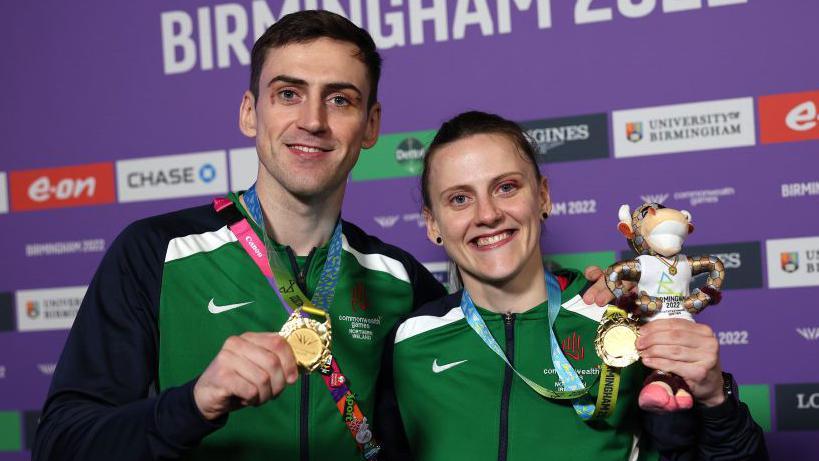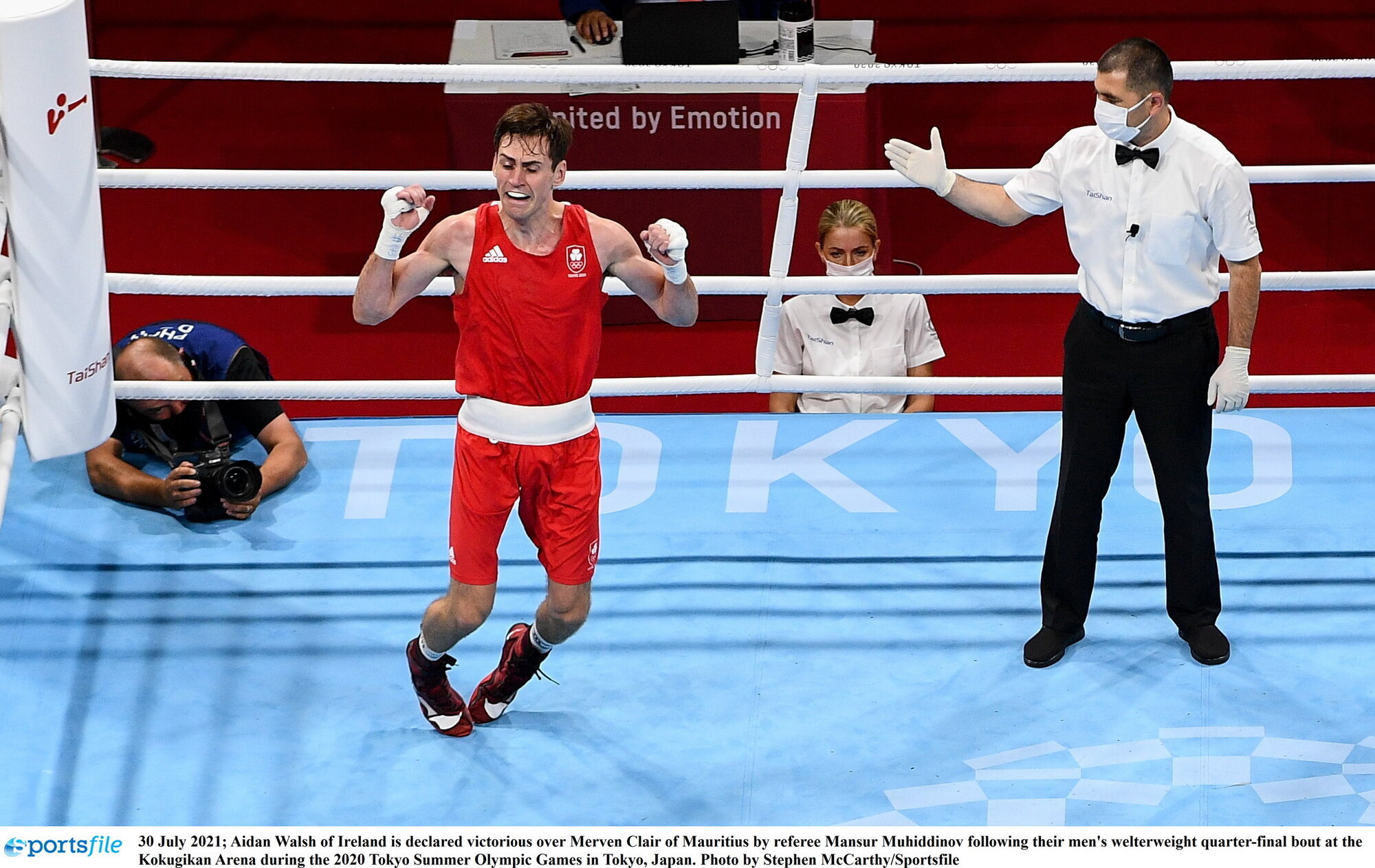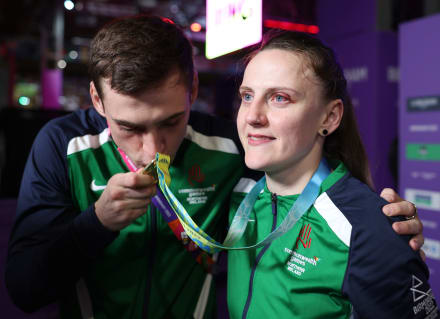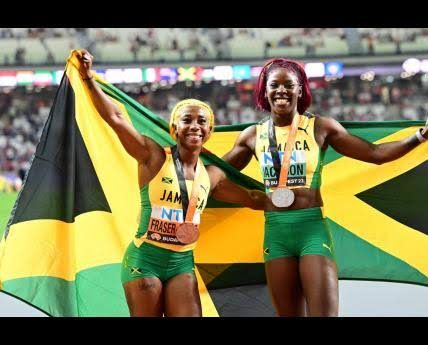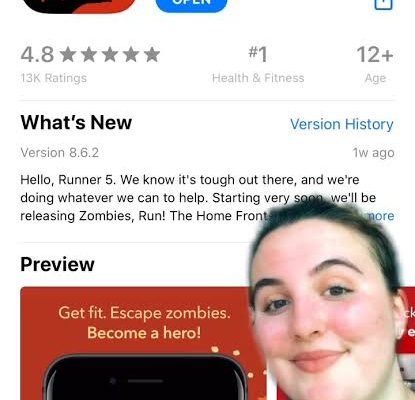Olympic boxing medal winner Aidan Walsh retires: ‘I didn’t enjoy it, that’s hard to say’
Aidan Walsh
Irish welter-weight boxer Aidan Walsh has unexpectedly announced his retirement from competitive boxing at the age of 28, in a candid and revealing interview that highlights how the pressures of high-performance sport ultimately outweighed the triumphs for him.
From Olympic bronze to stepping away
Walsh, from Belfast, secured a bronze medal for Ireland at the Tokyo 2020 Olympic Games in the men’s welterweight division. (Team Ireland)
However, despite that success he reveals he never truly enjoyed the top‐level journey. As he told the press:
“Looking back on my career … I neglected education, I neglected friendships … I didn’t enjoy my career.”
(The Sun)
He says the decision to retire did not involve agonising over whether he could compete further—rather, it stemmed from a recognition that the sport had become more of a burden than a joy.
The toll behind the scenes
Walsh detailed the many sacrifices he made in pursuit of medals and performance.
He admitted to putting aside relationships, personal development and even his own enjoyment in boxing:
“I was just under so much pressure … because of the success of my sister.”
(The Sun)
His sister, Michaela Walsh, herself a high-level boxer and Commonwealth gold medallist, features prominently in his reflections—both as a support and a contrast to his own experience.
He even remarked that he “wished I could give my medal to Michaela; Michaela deserves that Olympic medal far more.” (The Sun)
He described the physical and mental wear he now carries:
“I have so many injuries from sport, both physical and psychological, that I have to live with for the next two-thirds of my life.”
(The Sun)
That admission underlines how even though boxing may look glamorous from the outside, the cost to athlete wellbeing can be significant.
A complicated relationship with the sport
Walsh revealed he had entered boxing somewhat “accidentally”, influenced by his local environment and the fact that his father coached.
“When I was younger … boxing for me was something everybody did, and I just jumped into it. I happened to be OK at it.”
(The Sun)
Despite reaching high levels, he admitted he never fully felt emotionally invested in the sport in the way that others might.
For a time he drank the ambition and expectations of the Olympic path without the internal enjoyment that often sustains long careers.
He also spoke of his distinct style in the ring—hands down, chin high—which drew criticism before proving effective.
He recalled advice from a coach: “Aidan, be yourself.” (The Sun)
Yet even success did not mask the underlying question he would ask himself: Was this worth it?
“Whenever you start winning those medals, you start to realise that there’s more to life, and is a lot of stress and pressure and anxiety and burnout worth it?”
(The Sun)
What comes next
Though he is stepping away from competition, Walsh is not disappearing from the sport entirely.
He is currently pursuing a Master’s in sports psychology, with the stated purpose of focusing on athlete wellbeing and supporting others navigating the pressures he experienced. (The Sun)
He said:
“There’s nothing more daunting or terrifying than knowing that you have to walk a path alone.
My goal is to make sure there’s someone within that environment to support them.”
(The Sun)
In his words, the measure of success now is not medals won but “being a good person”, staying true to himself regardless of outcomes.
Legacy and take-aways
Though Walsh’s message is personal, it resonates more broadly. Key points:
-
Success in sport — Olympians, medals, titles — doesn’t automatically equate to happiness or fulfilment. (The Irish Times)
-
Athlete mental health must be prioritised: recognising when the cost outweighs the reward is itself a strength.
-
Post-competition life is long. Walsh’s comment about having “two-thirds of his life” ahead after sport is a powerful reminder of planning for life beyond the ring.
-
Using his platform, Walsh hopes to shift focus toward athlete support and wellbeing, perhaps influencing how boxing in Ireland is viewed and managed.
